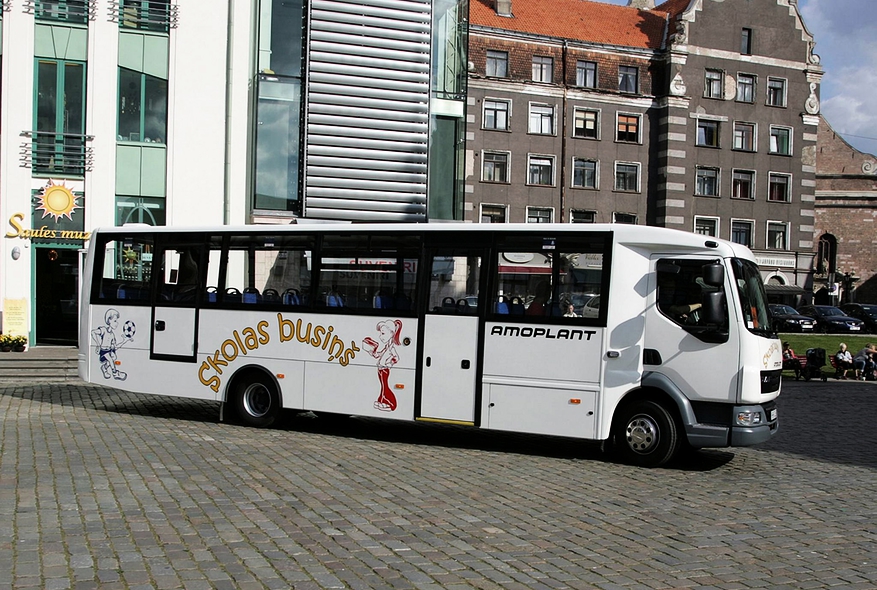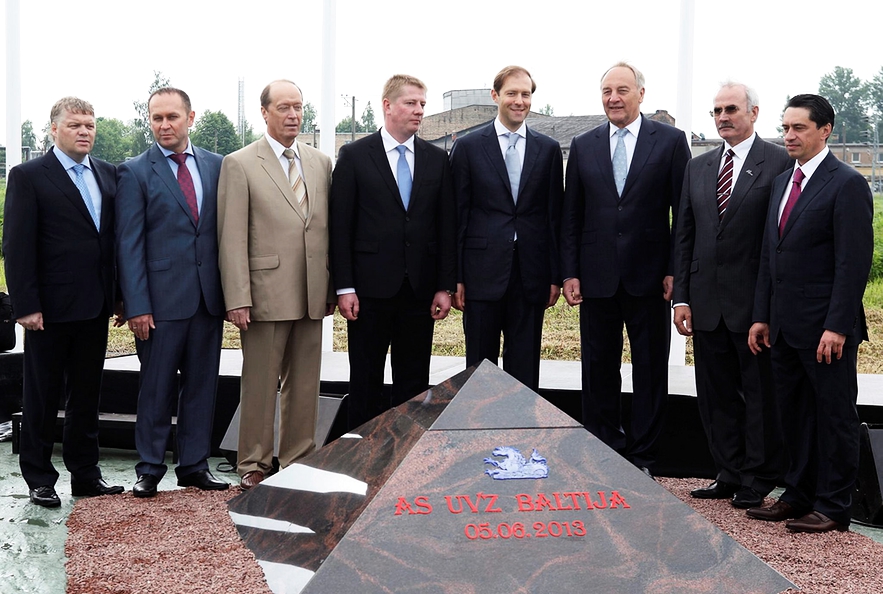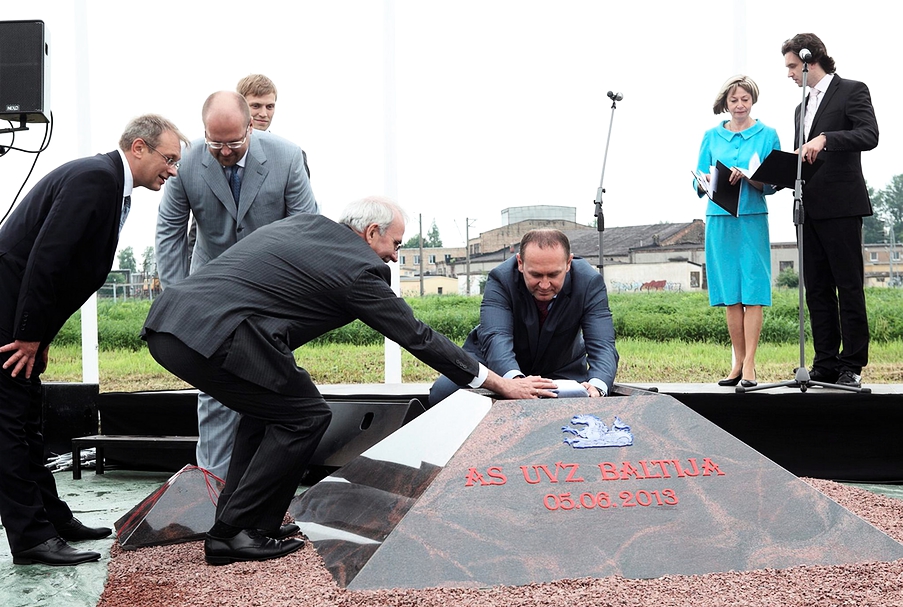Ambassador Veshnyakov was accompanied by the chief executives of Baltic Railway Holding board chairman Andrey Sachik and Amo Plant general director Valeriy Juhnyevich.
During their visit the Russian diplomat took in the plant’s territory together with Jelgava mayor Andris Rāviņš.
Afterwards the Ambassador told a press conference the talks went well and expressed hope that the economic projects would continue, though they are being delayed by the currently imposed sanctions between Russia and the EU.
Of the two firms, Baltic Railway Holding is in a slightly more favorable position than Amo Plant. The cargo wagon maker is waiting on a pending infusion of investment cash to allow it to continue building its plant and complete it by year’s end. The firm had targeted for 1500 wagons of two types annually upon launch, and Sachik predicted a possible hiring of workers might begin this fall.

The future of bus-maker Amo Plant, which is co-owned by the Moscow City government as a key shareholder, is much less clear. The company’s manufacturing plant is at a standstill, but corporate leadership is seeking possibilities to renew production, pending a final decision of its key shareholder on the matter.
On his part Jelgava mayor Andris Rāviņš said that two working manufacturers offering new jobs would be the greatest gift of all to the city in its 750th anniversary year.
Baltic Railway Holding, reported newswire BNS Thursday, is the newly renamed former UVZ Baltija, the Latvian subsidiary of Russia’s heavy machine manufacturer Uralvagonzavod, on the US and EU’s sanctions trade blacklist as it makes tanks for Russia’s military.
In February LSM reported on the standstill in production at UVZ Baltija and the poor prospects for the plant unless Russia resolves its problems with capital flows and currency devaluation.
“There’s a promise that the project will continue and won’t be halted, there’s some activity, but I can’t name any results so far,” said Jelgava’s mayor at the time.































